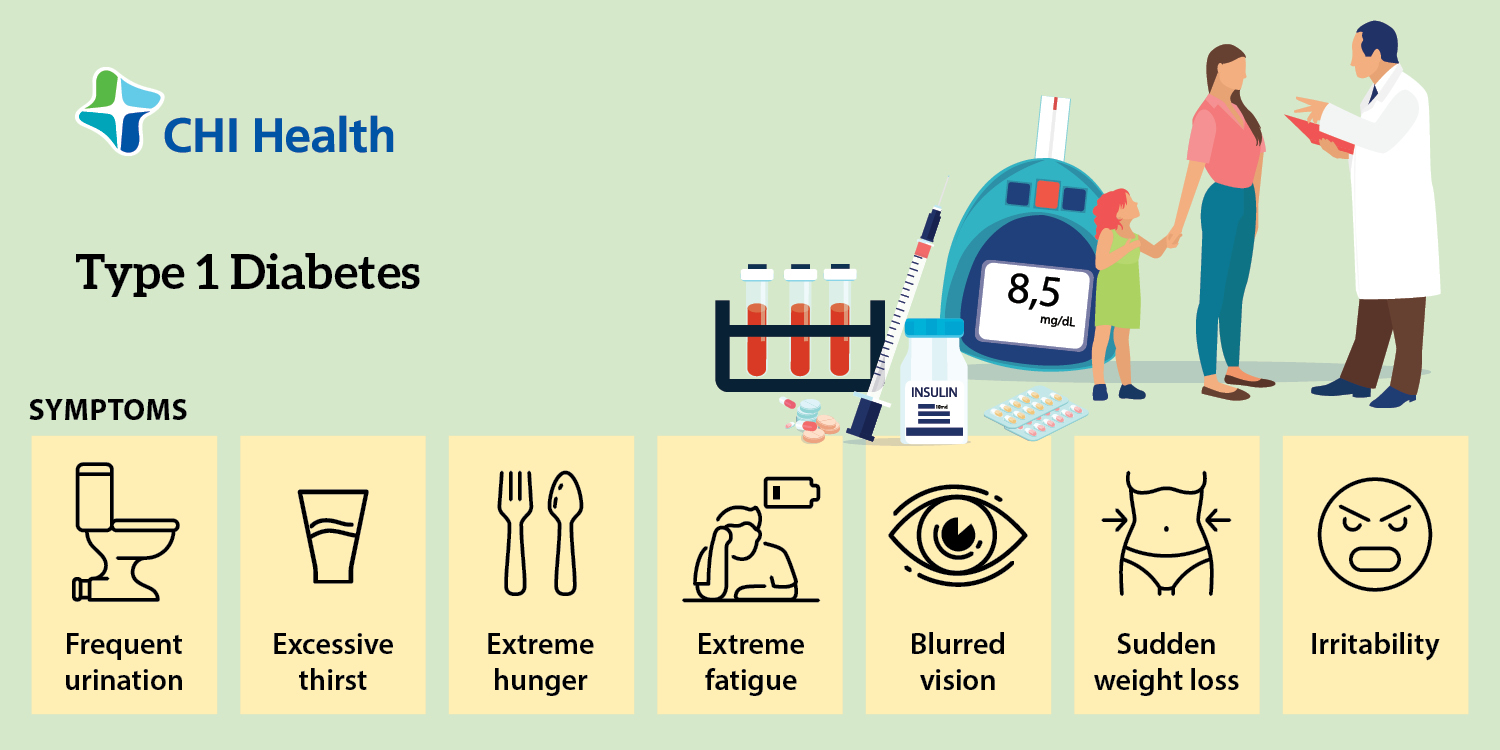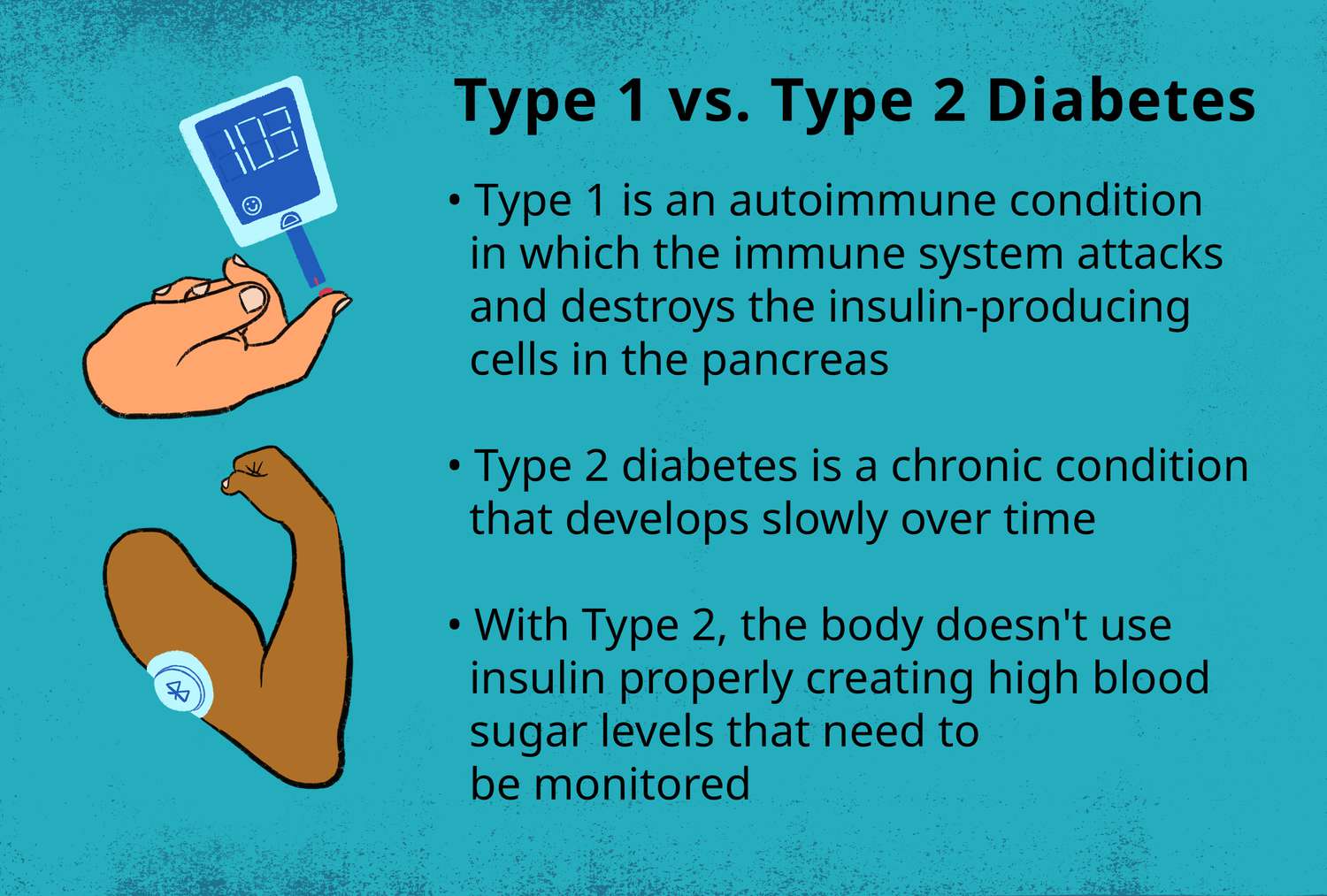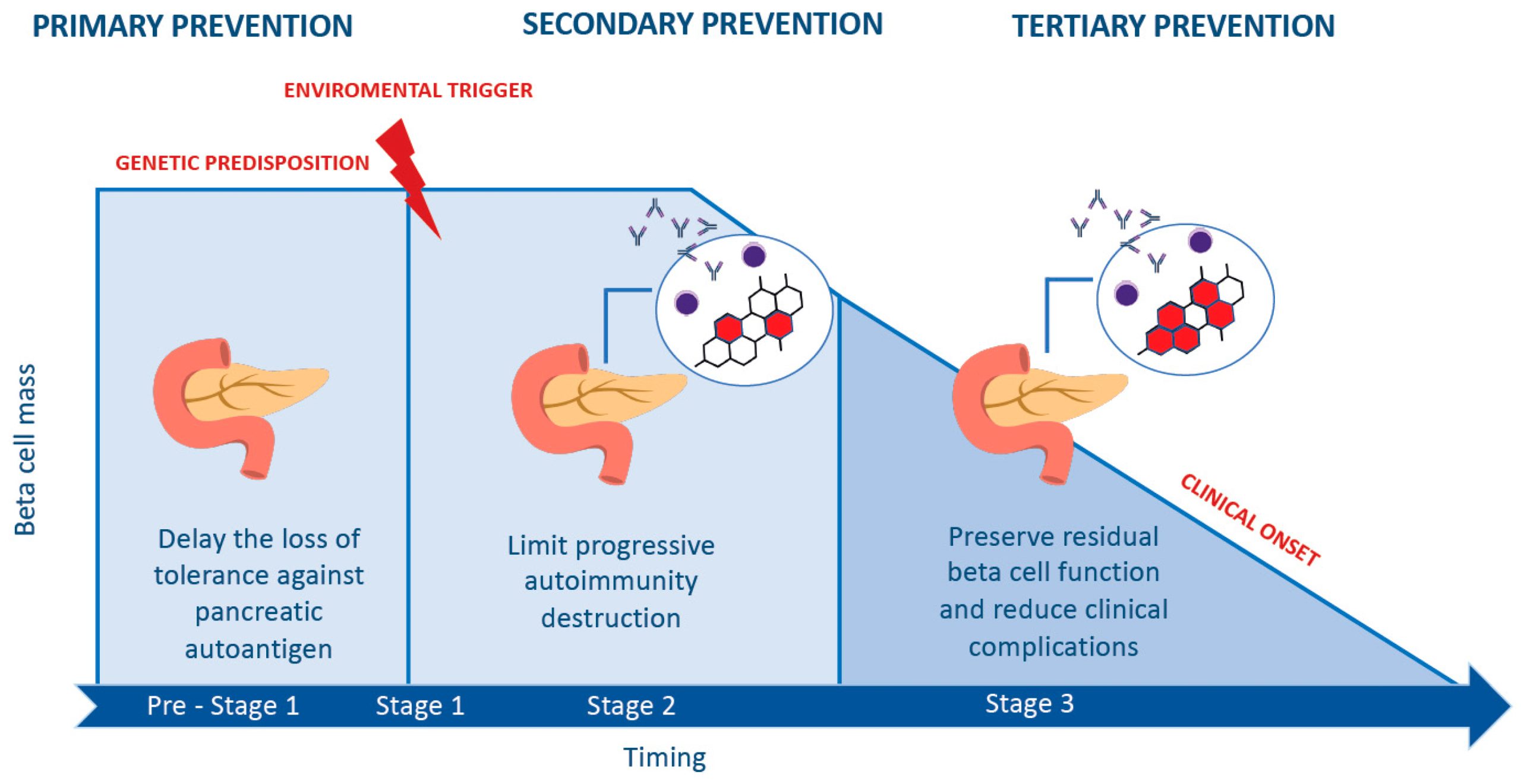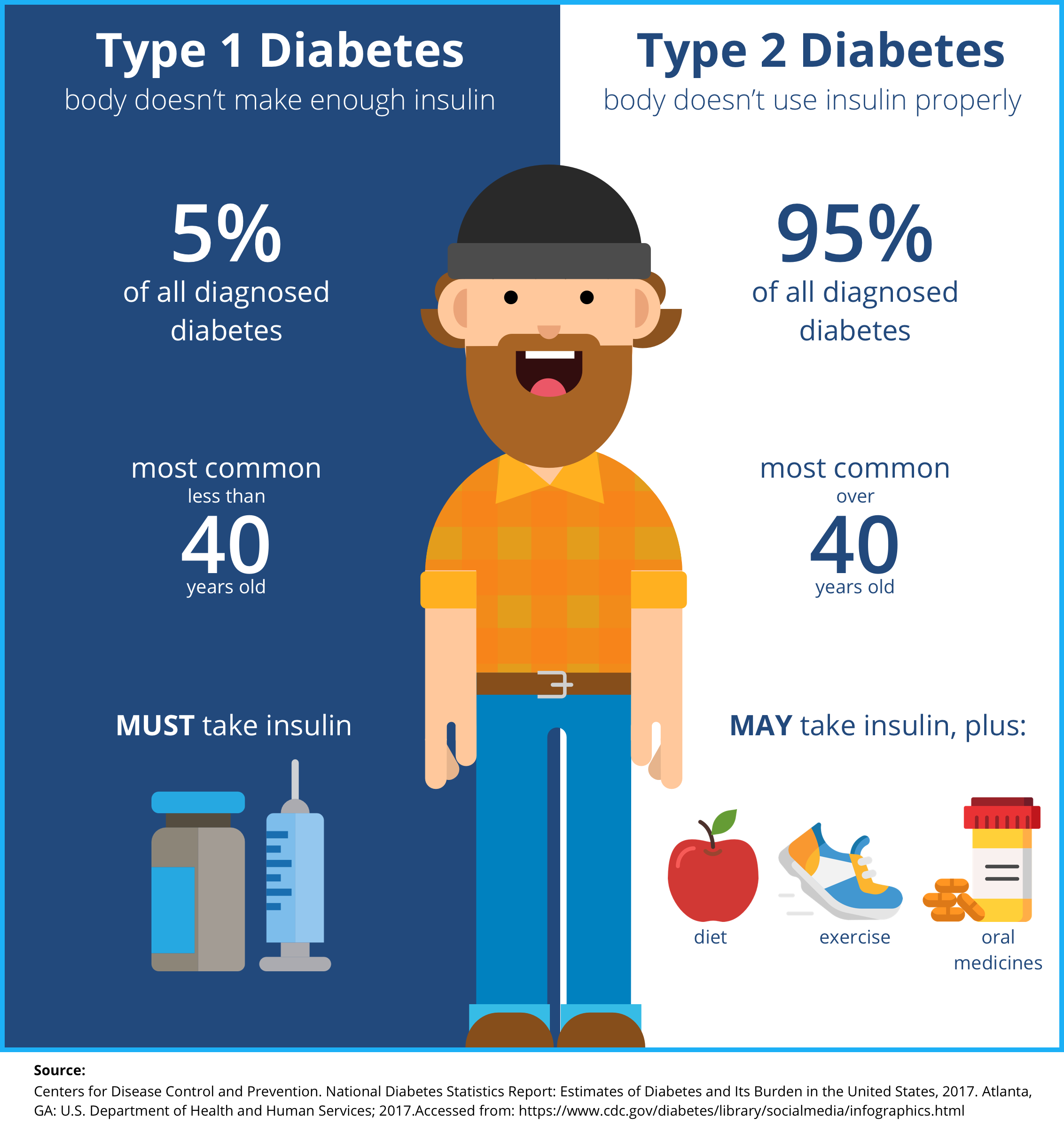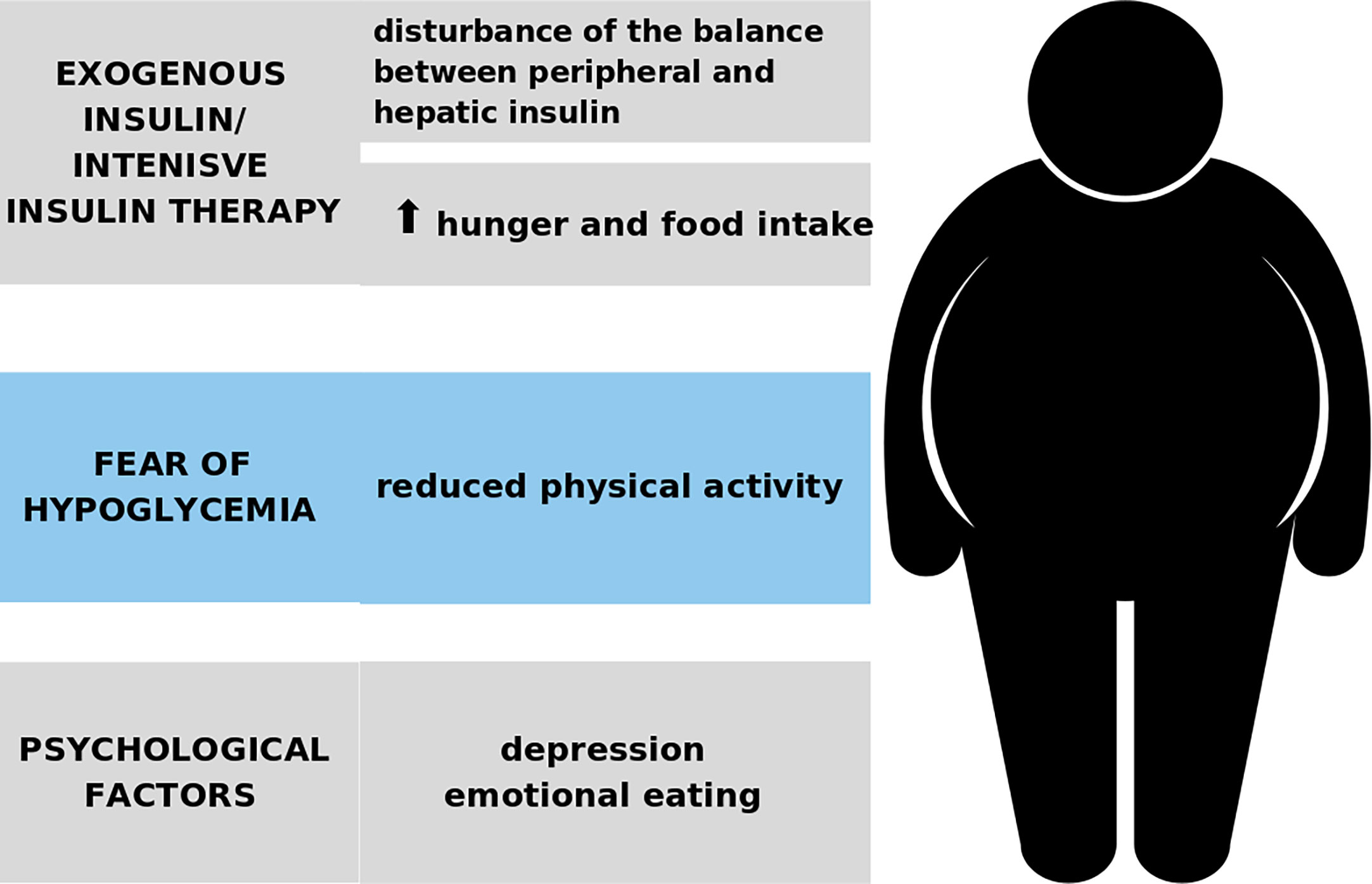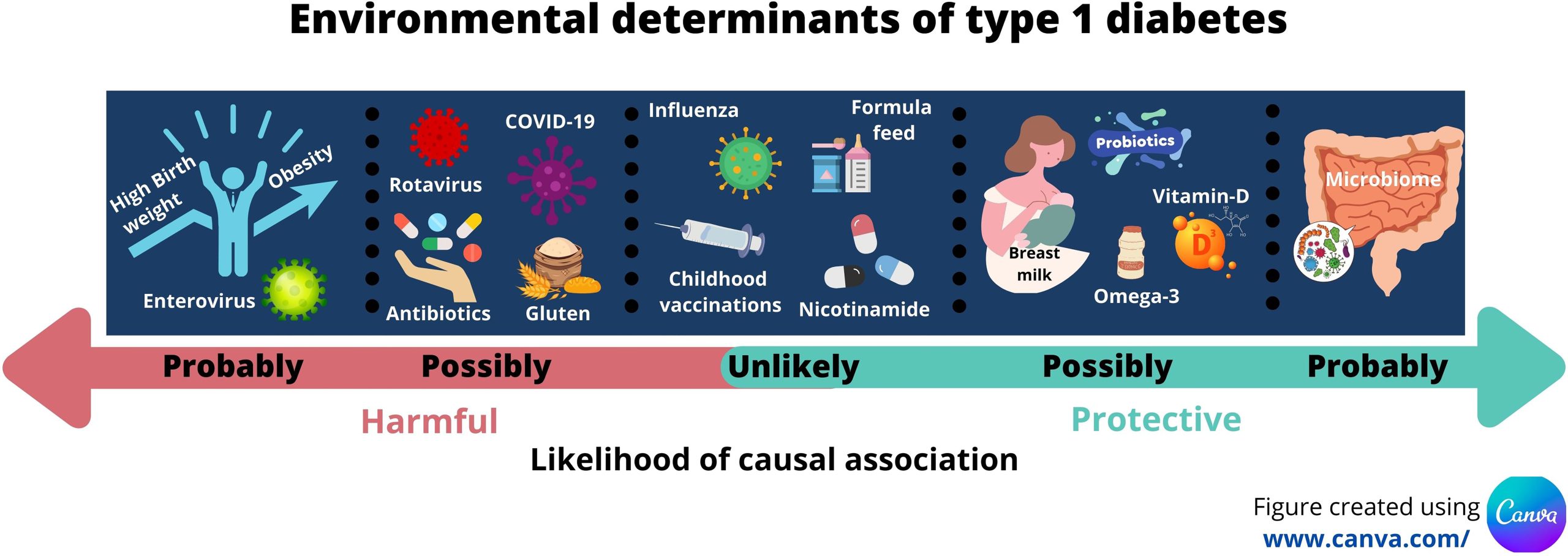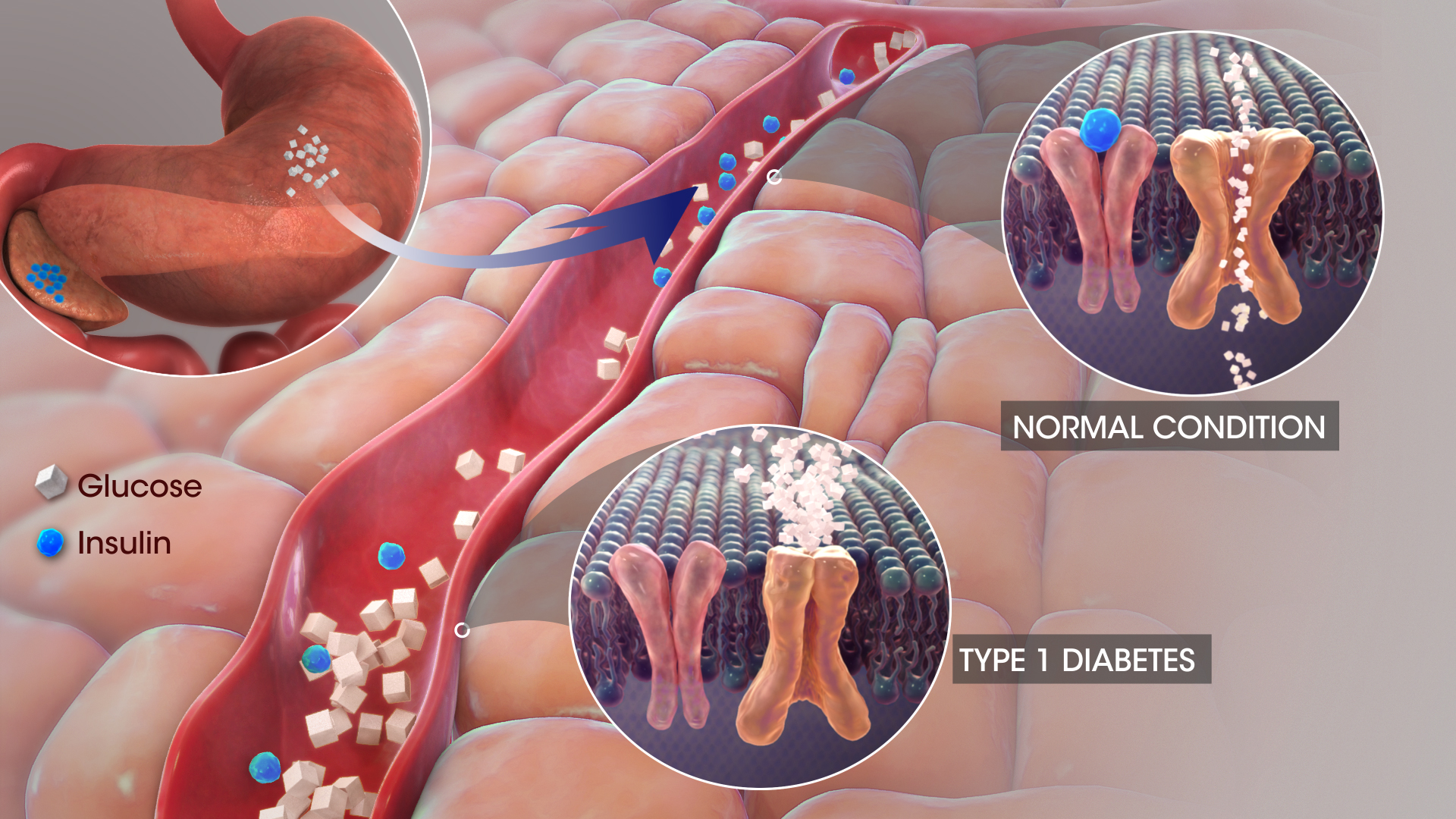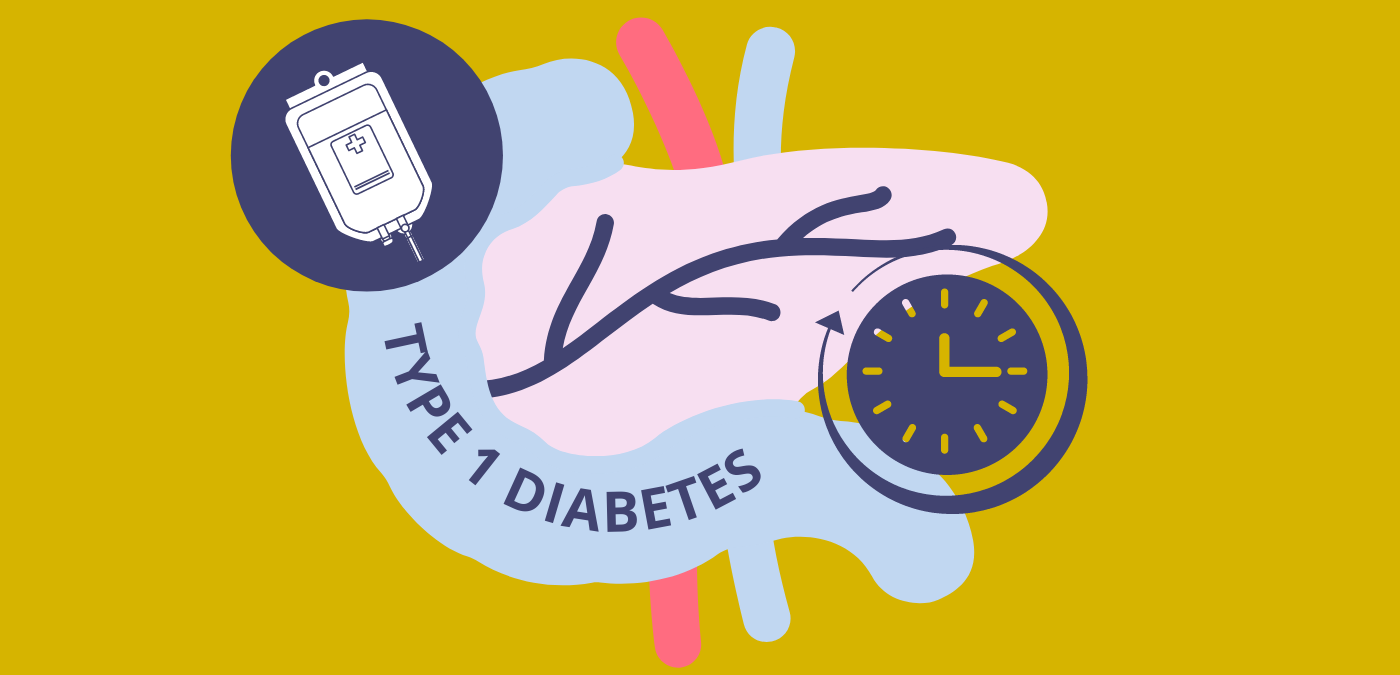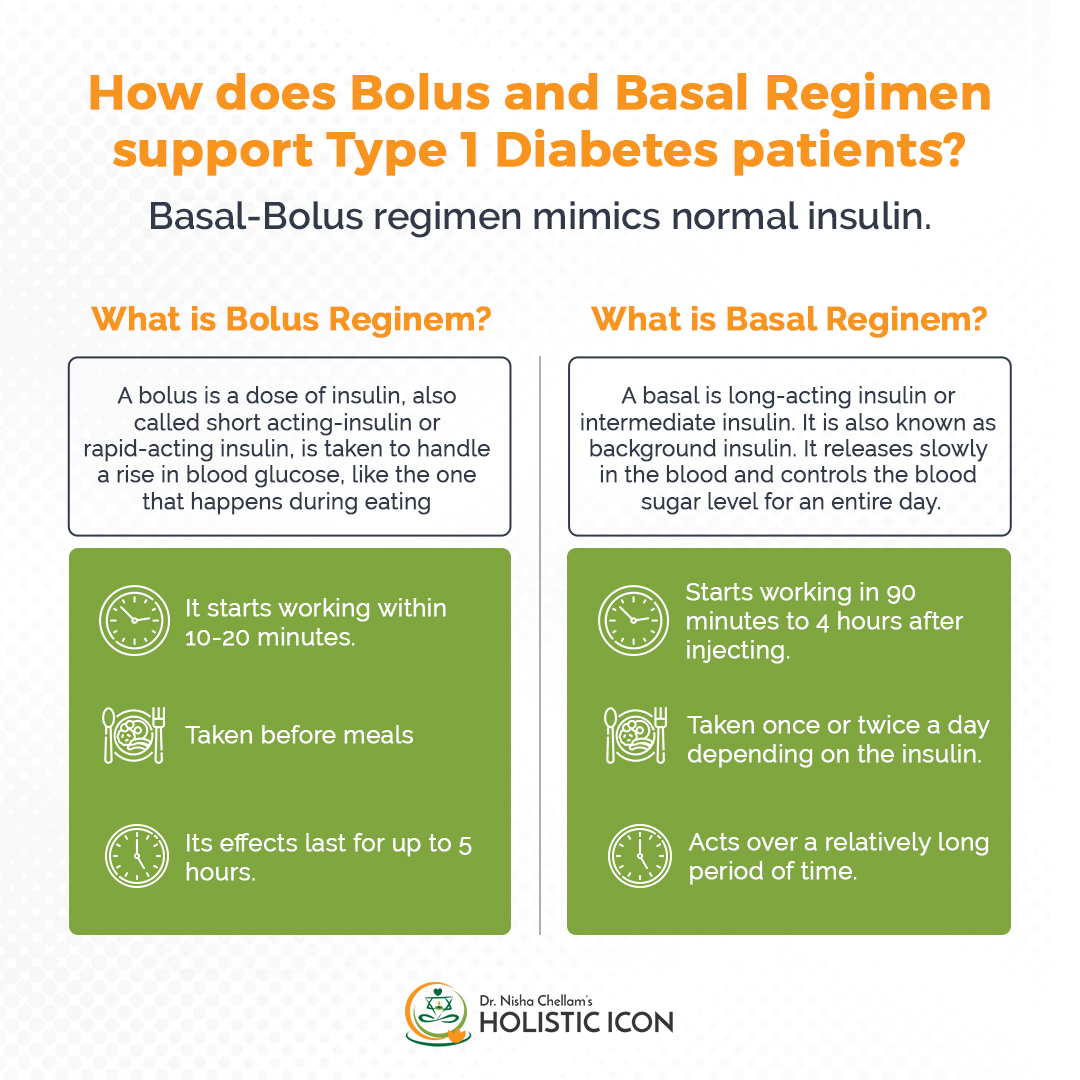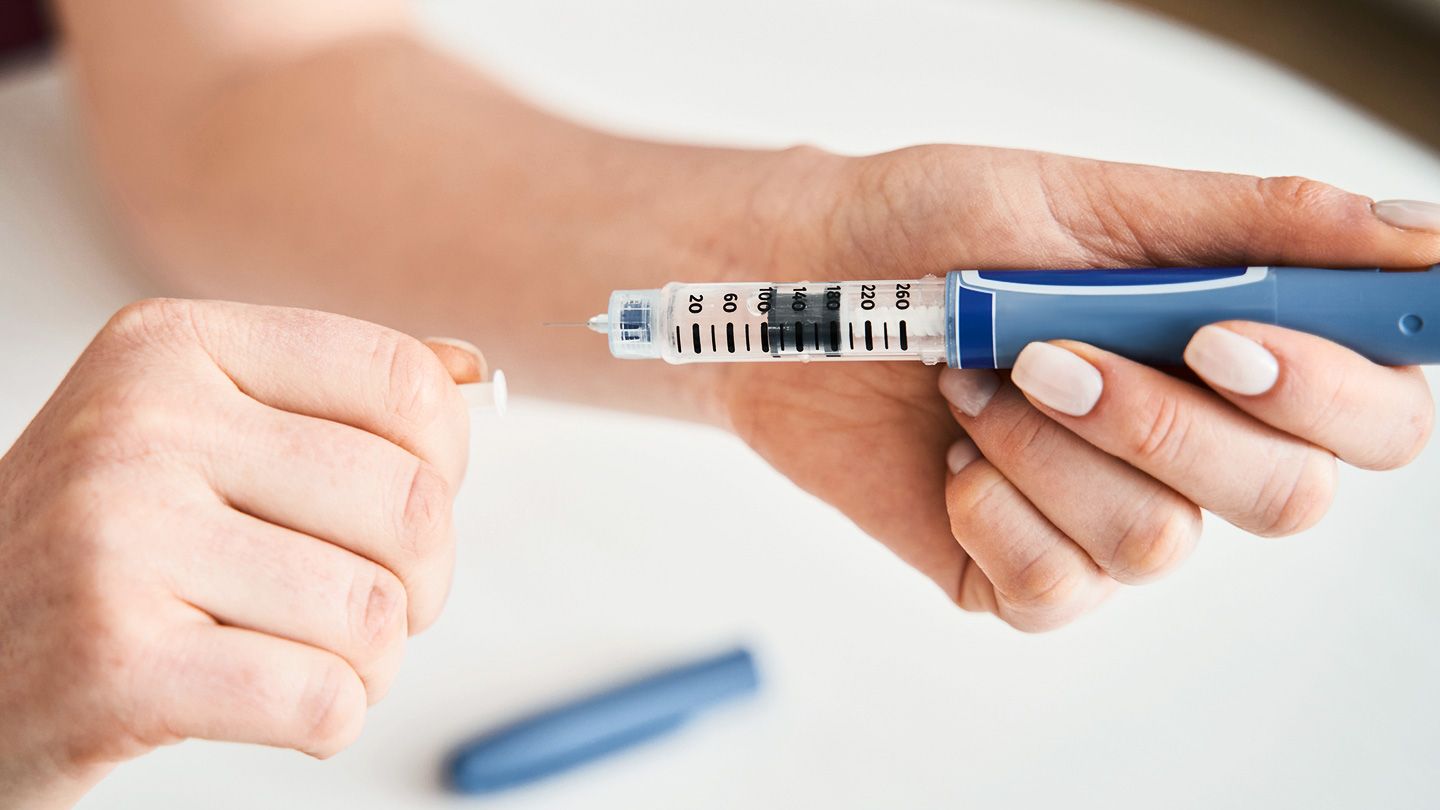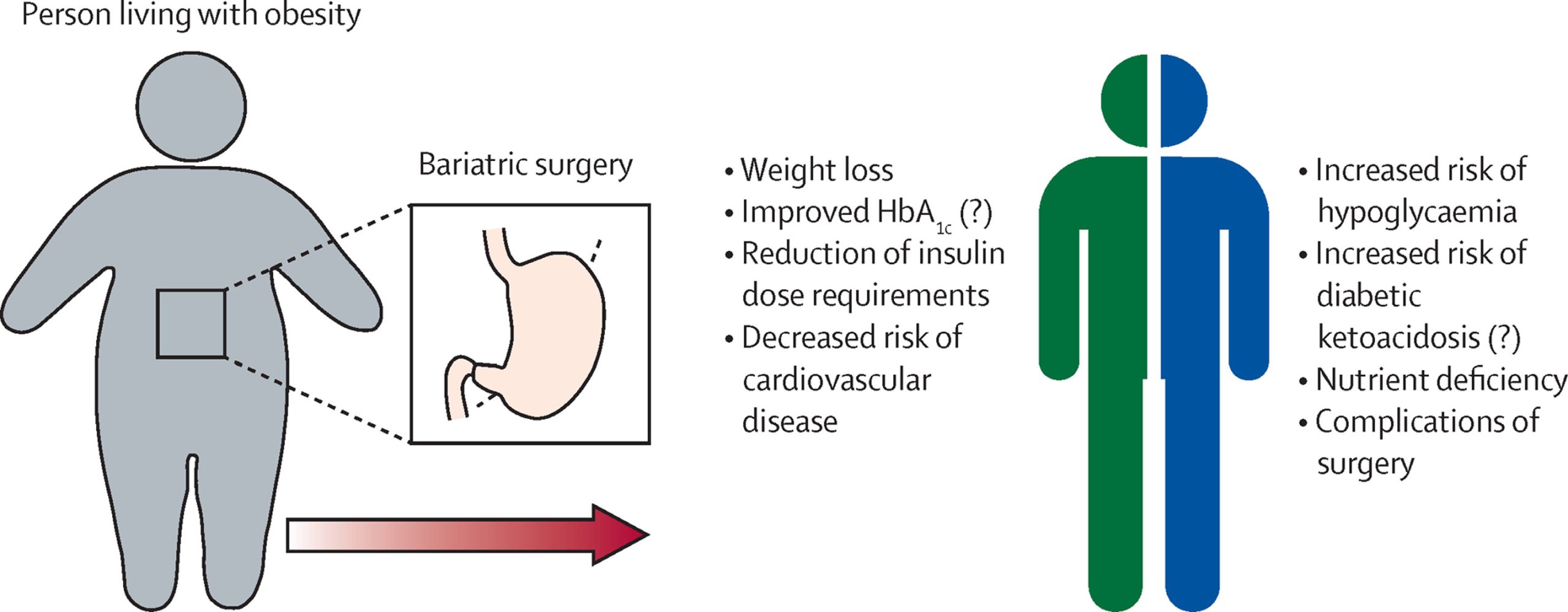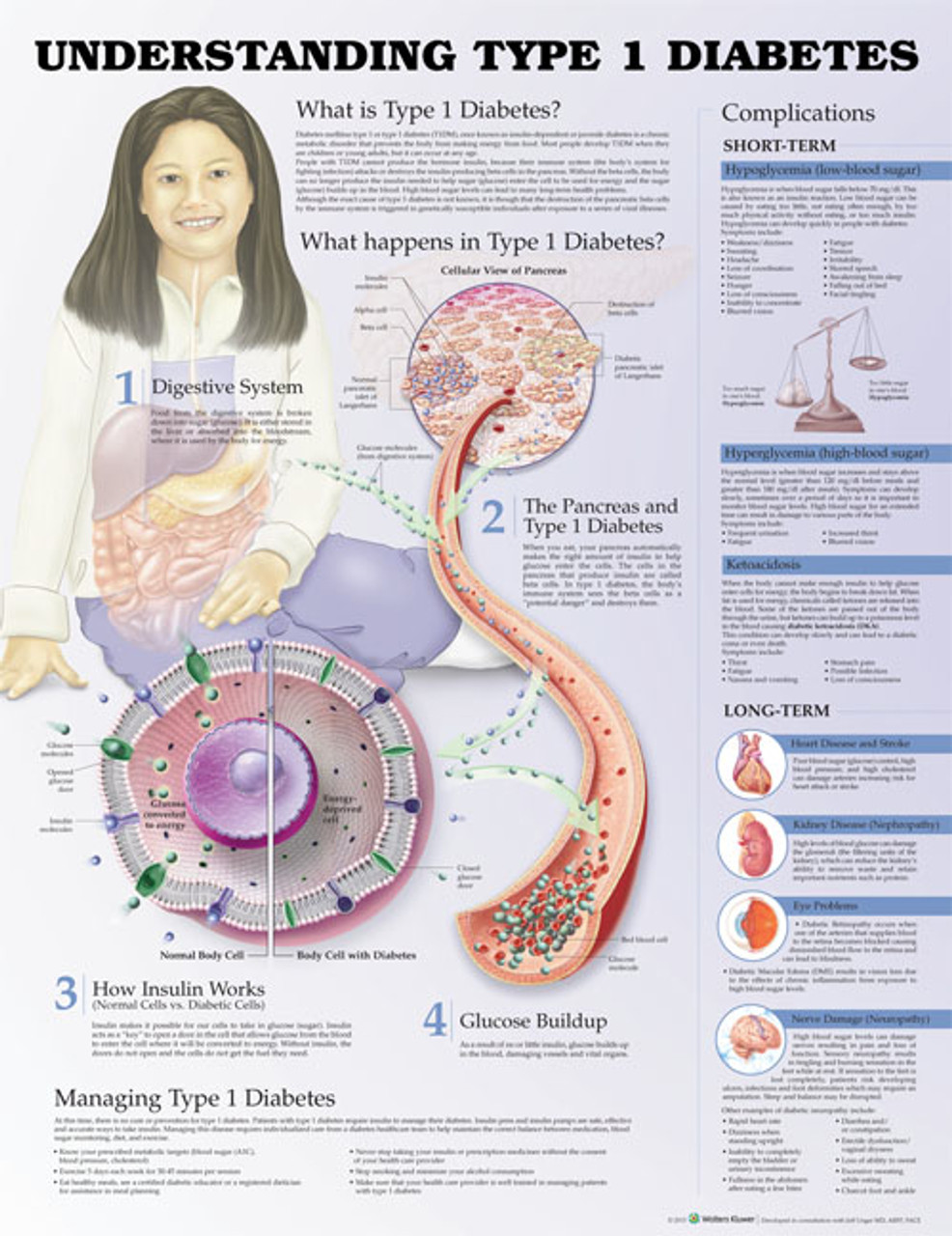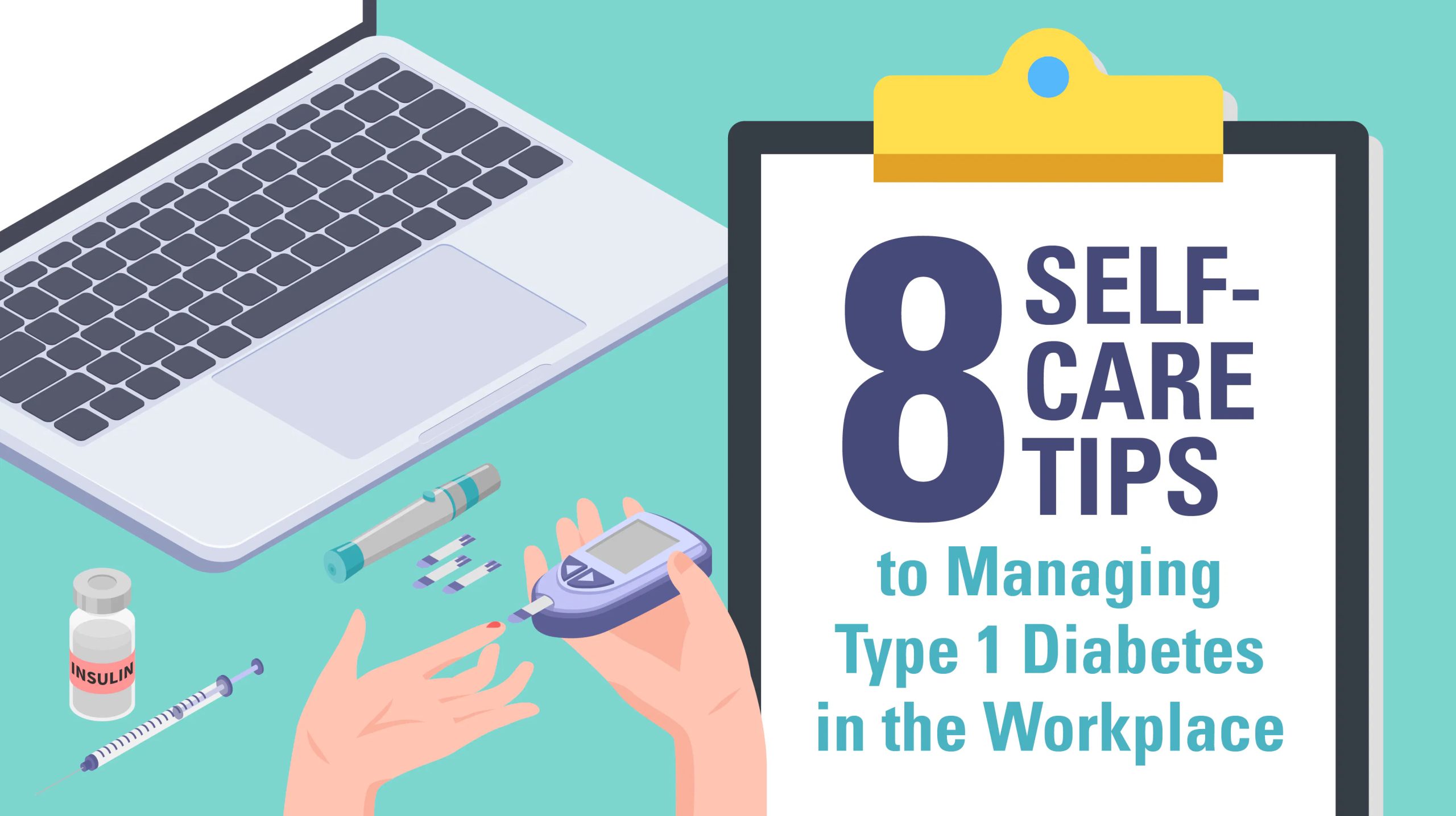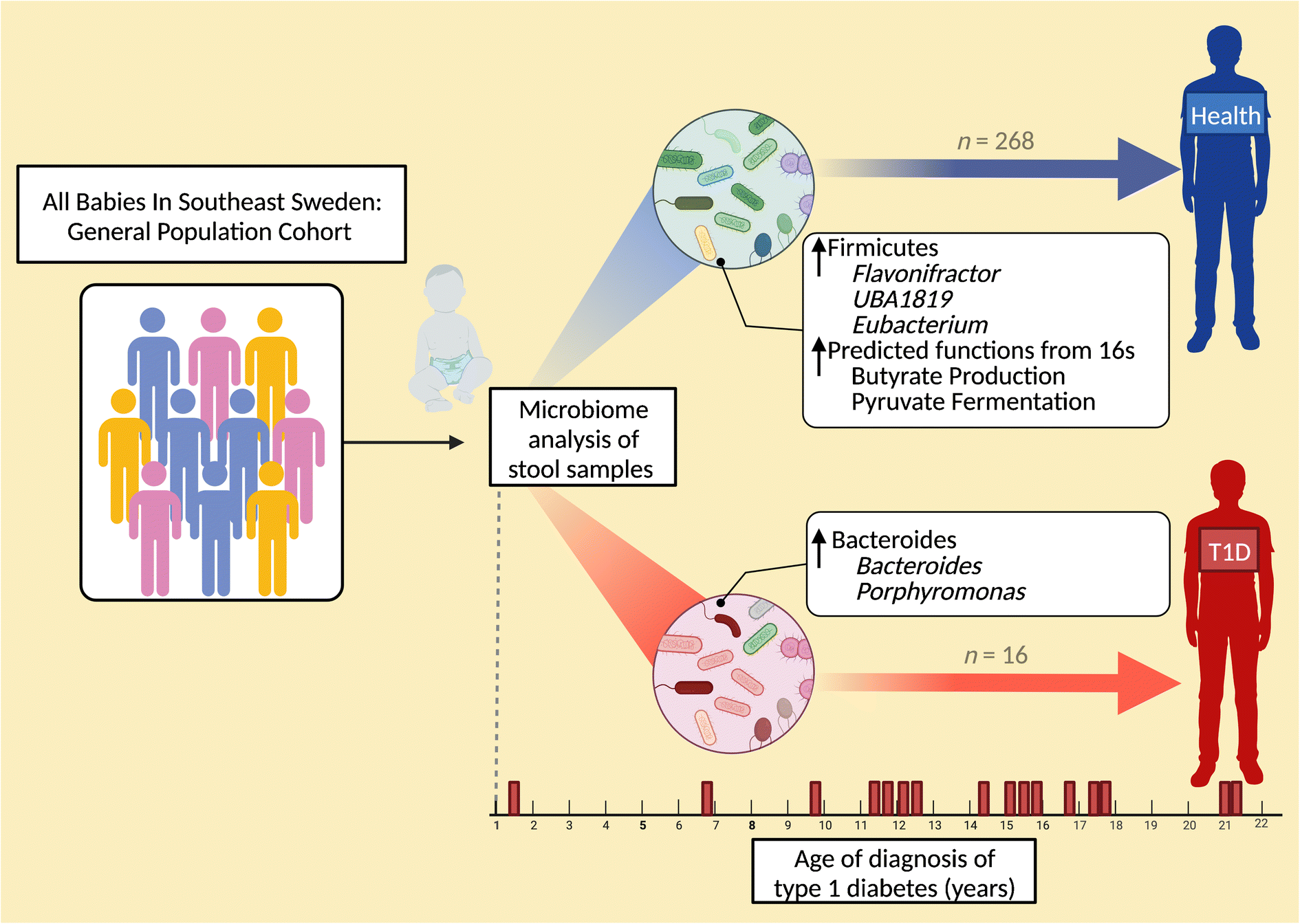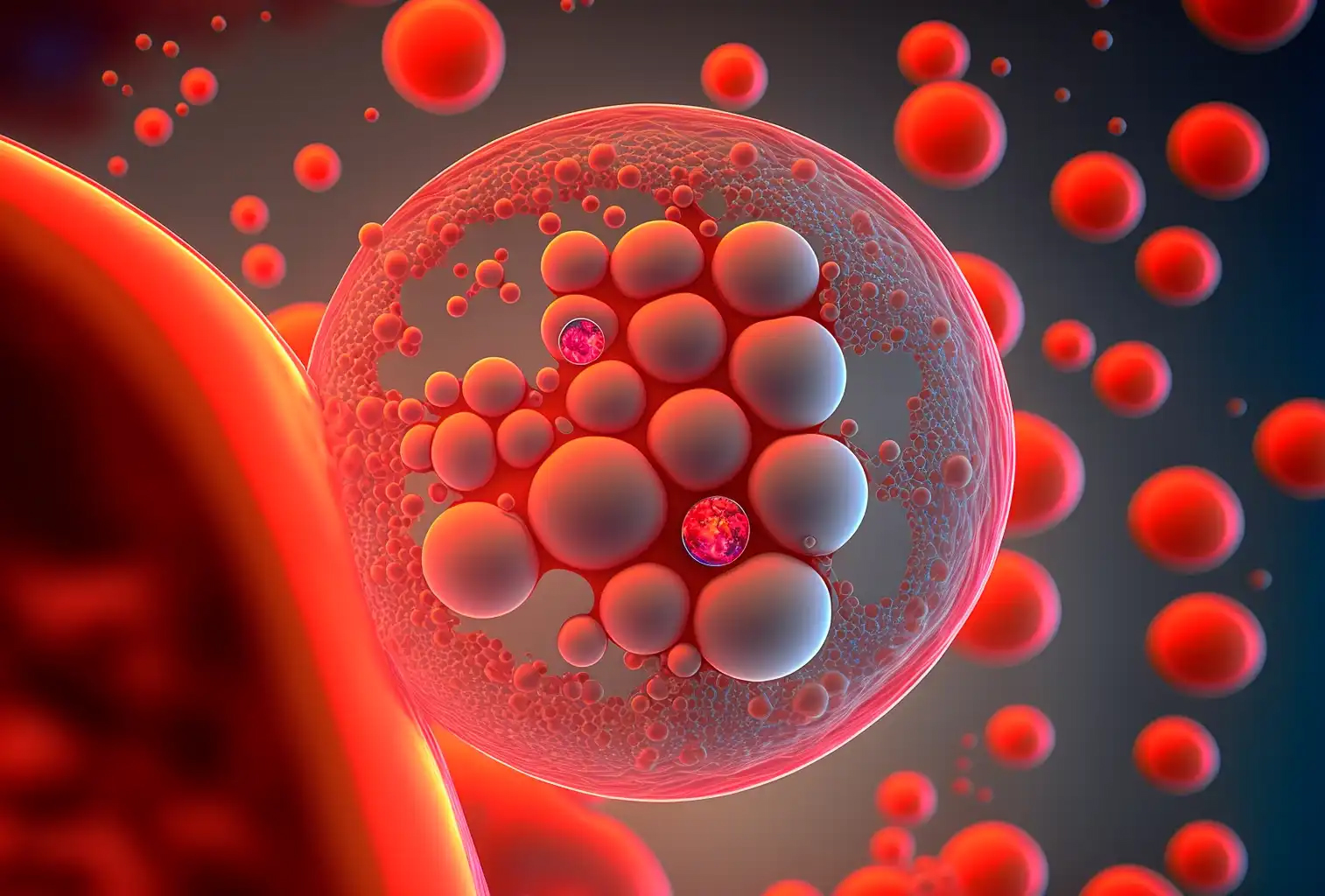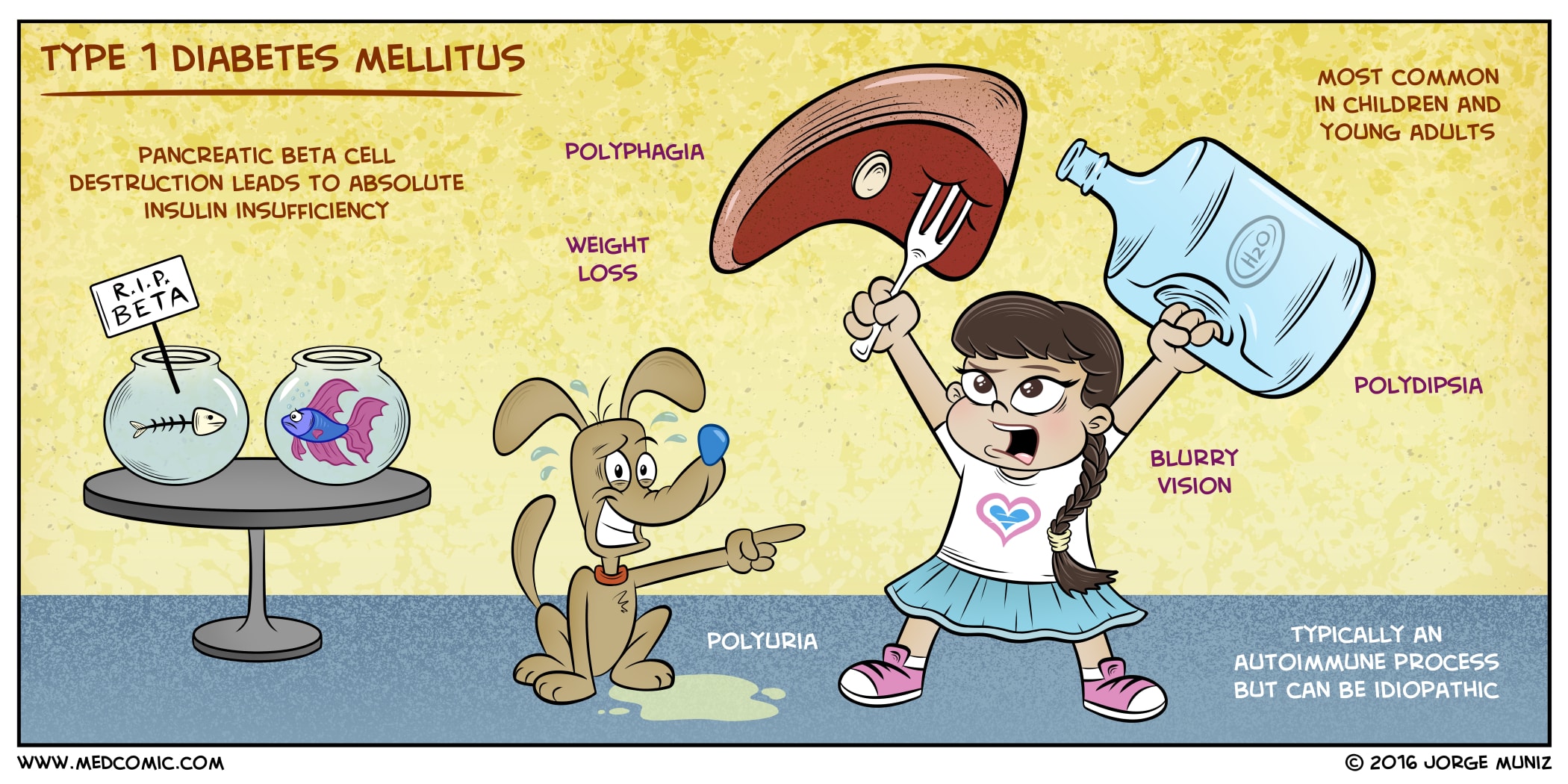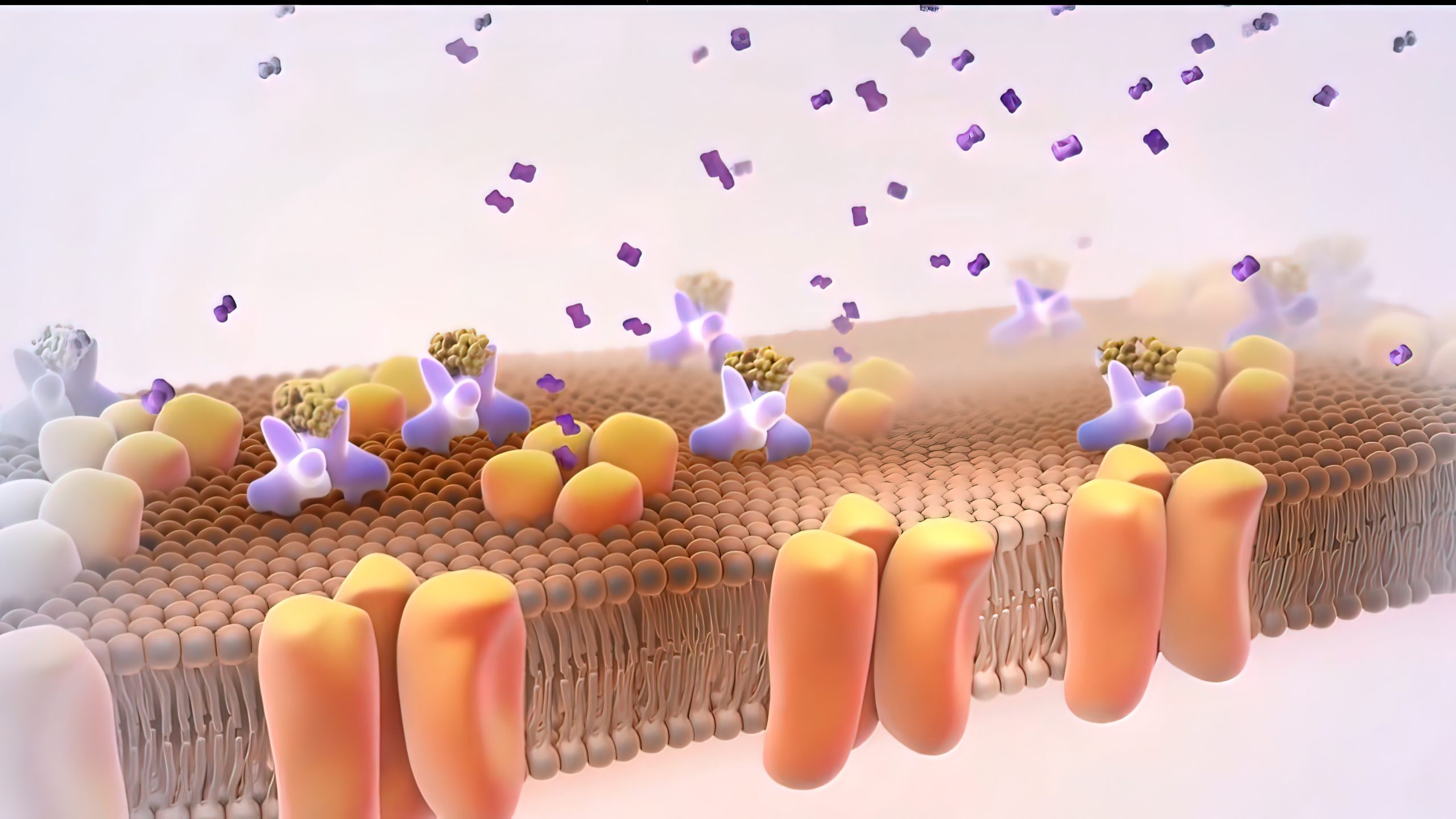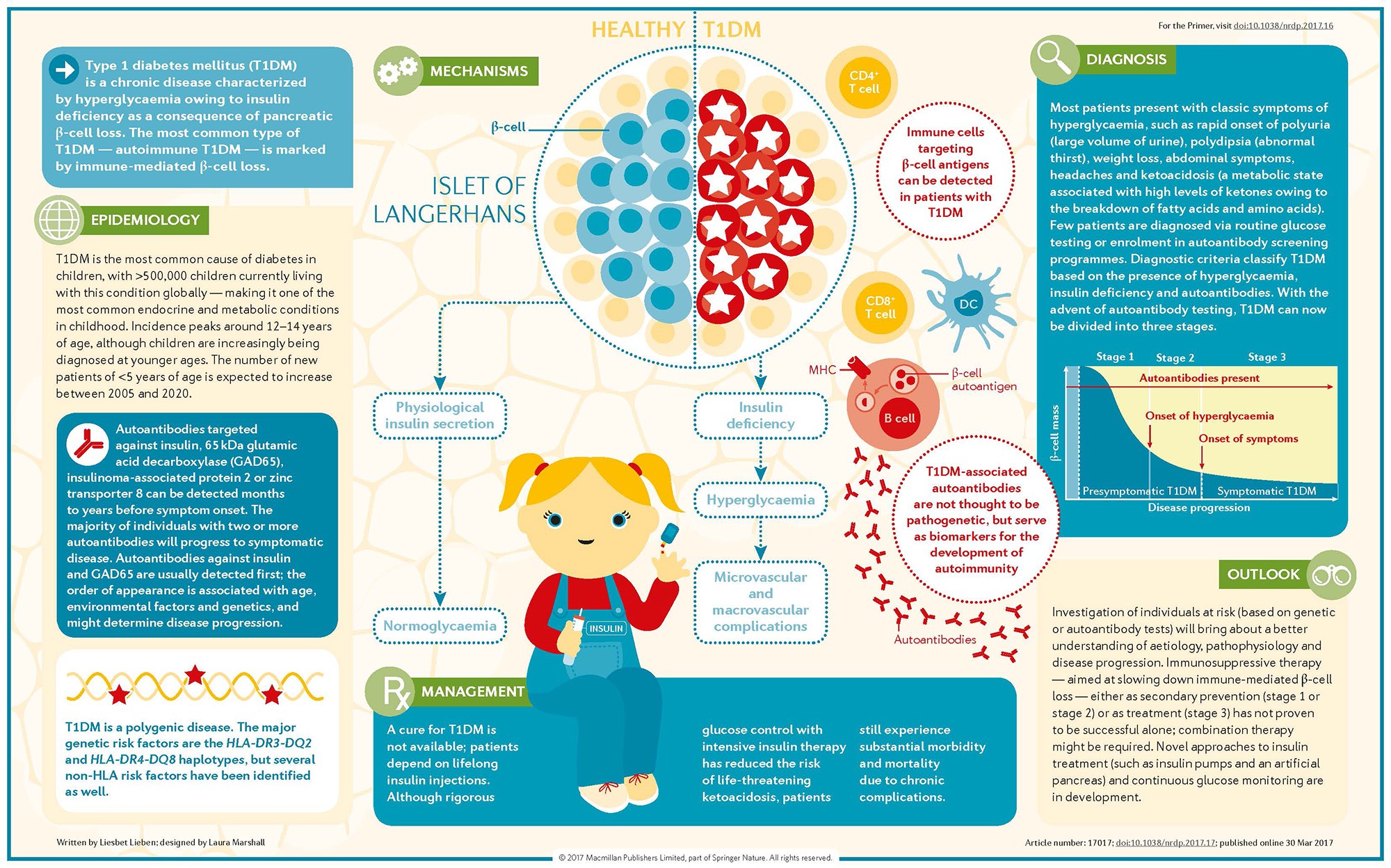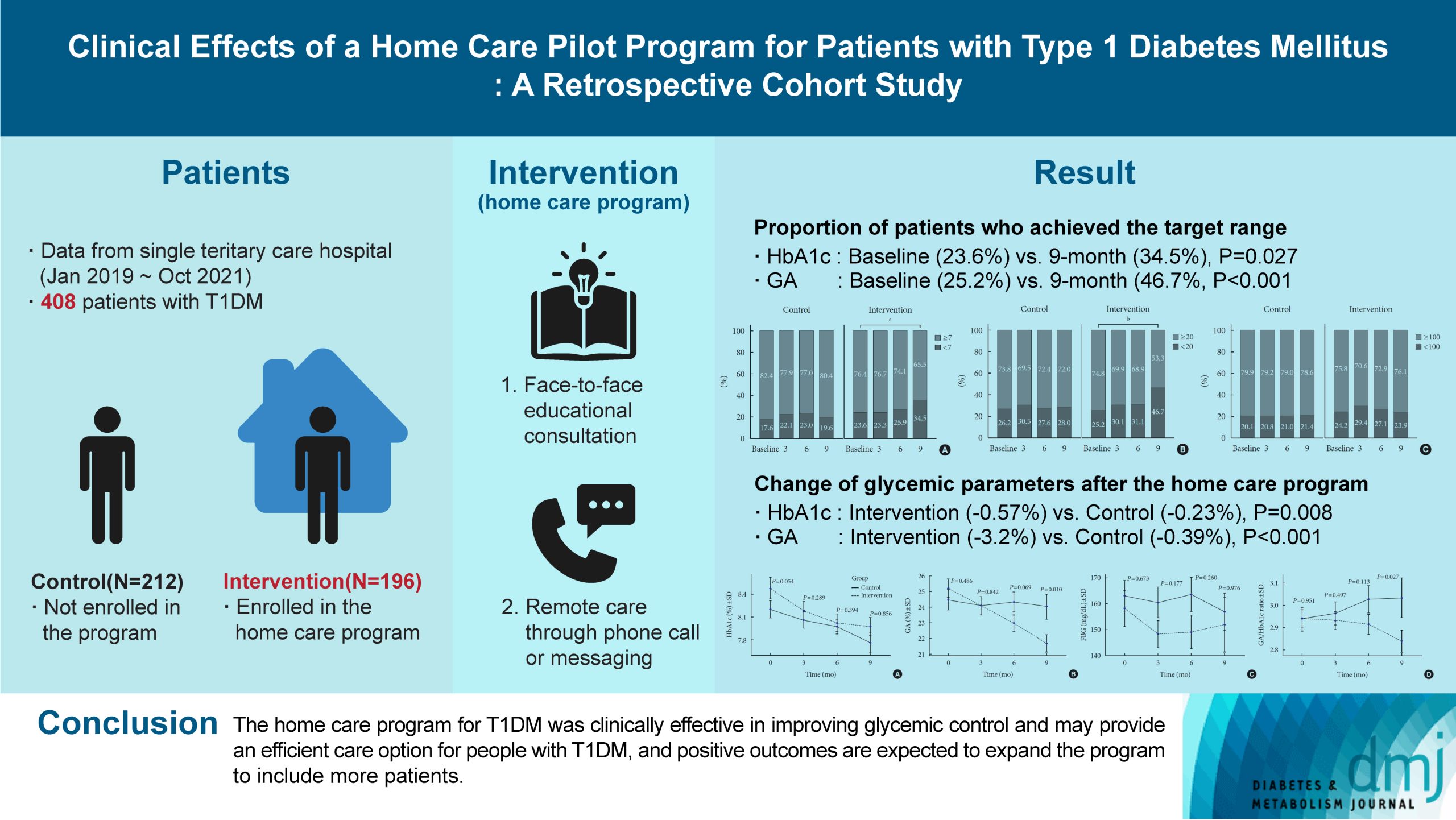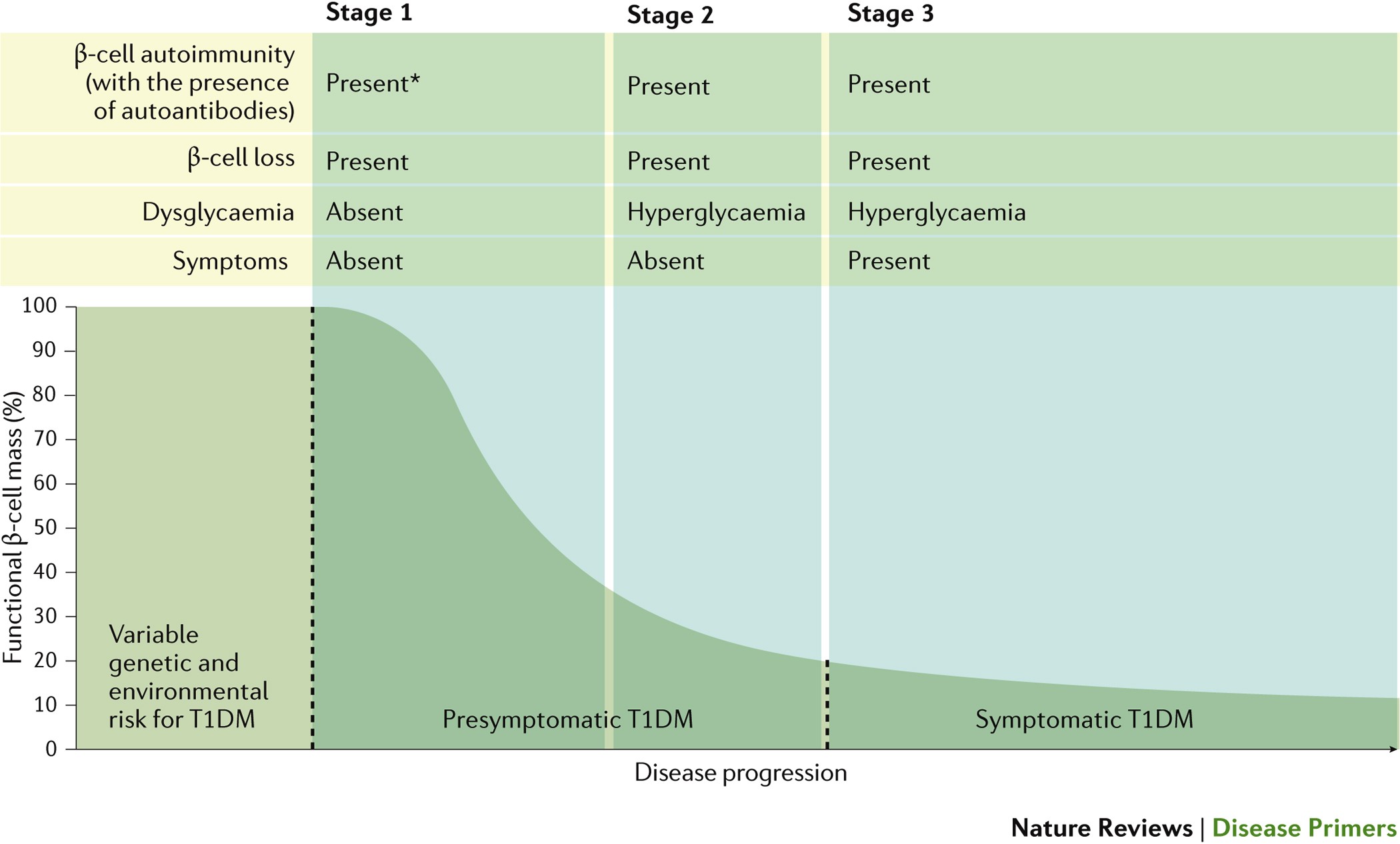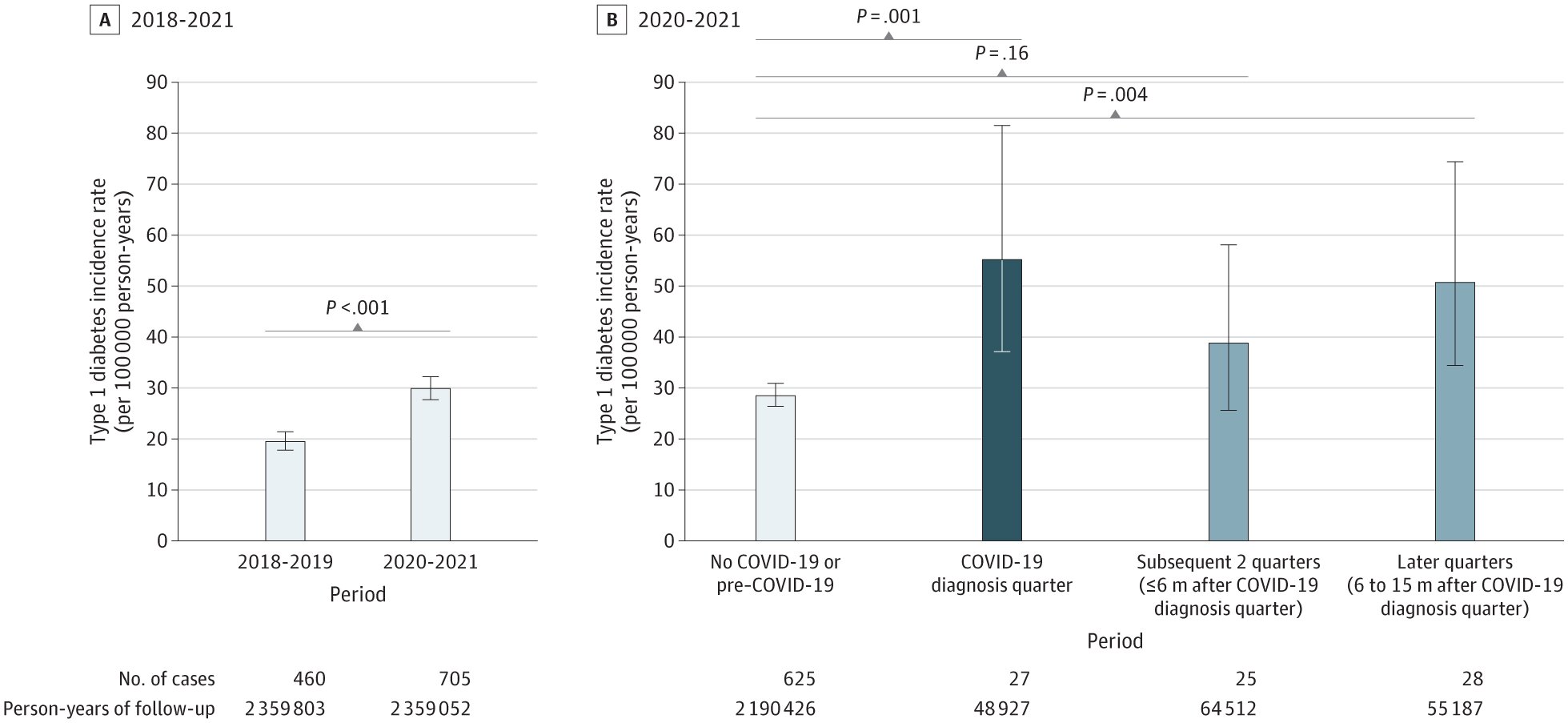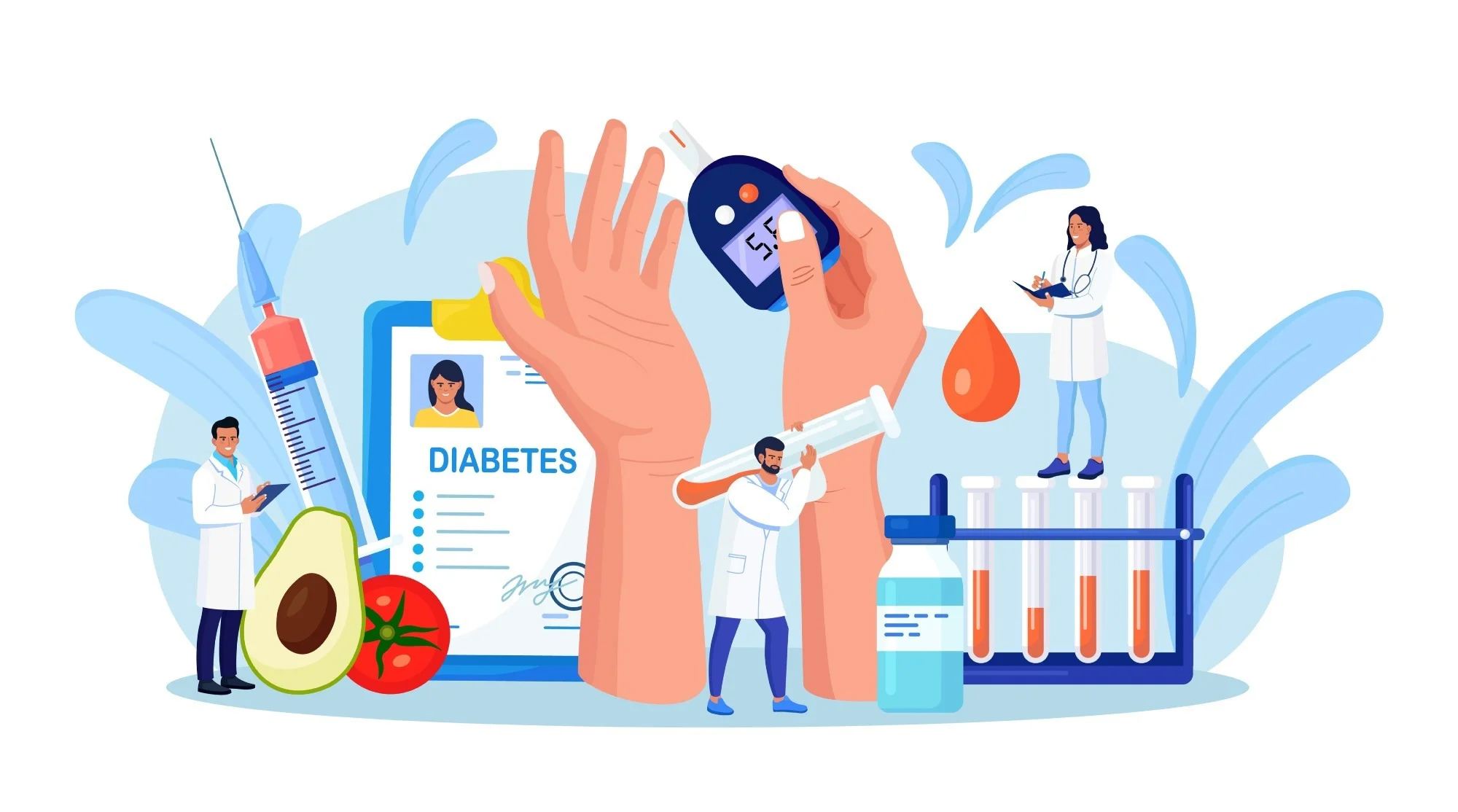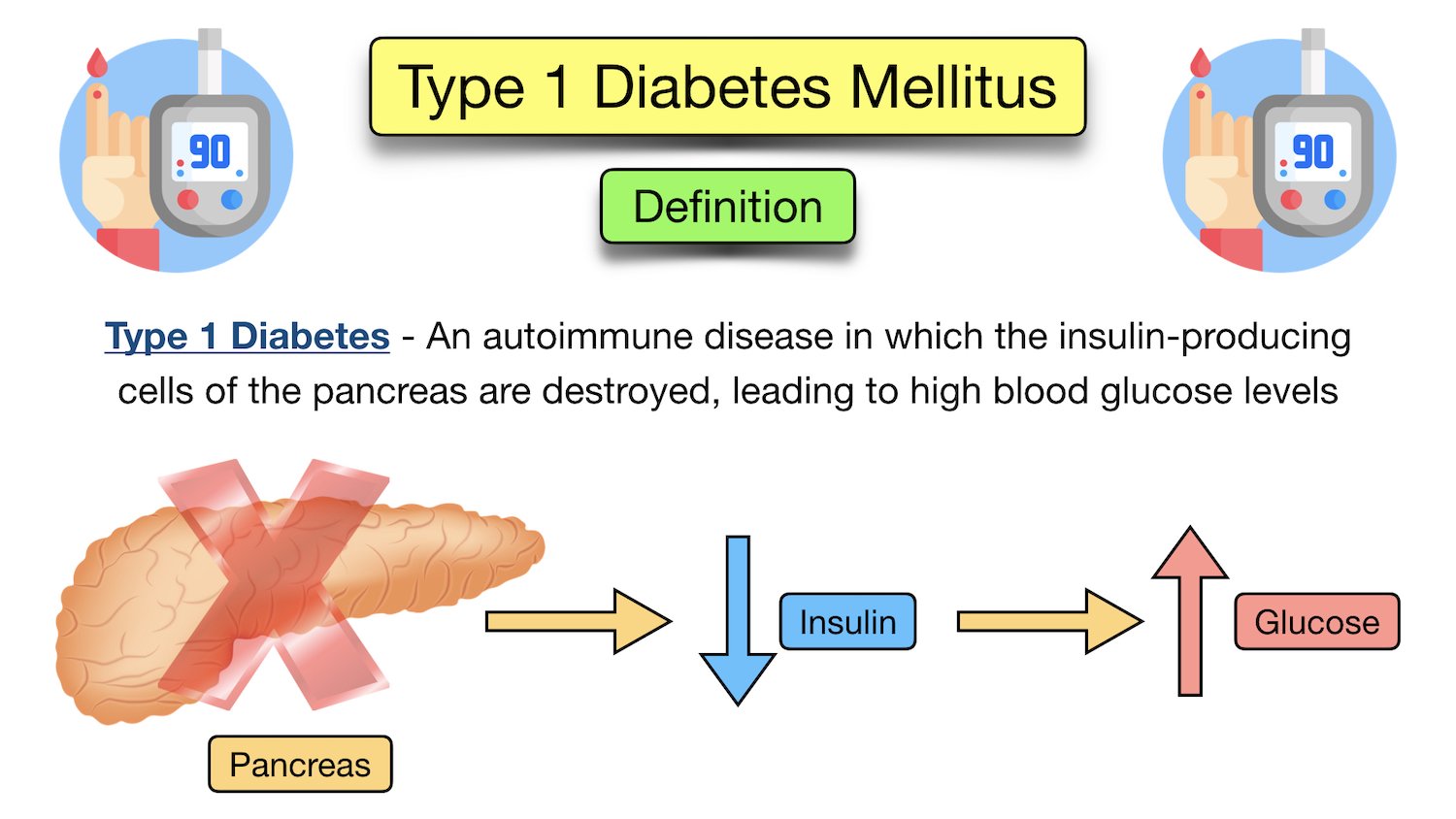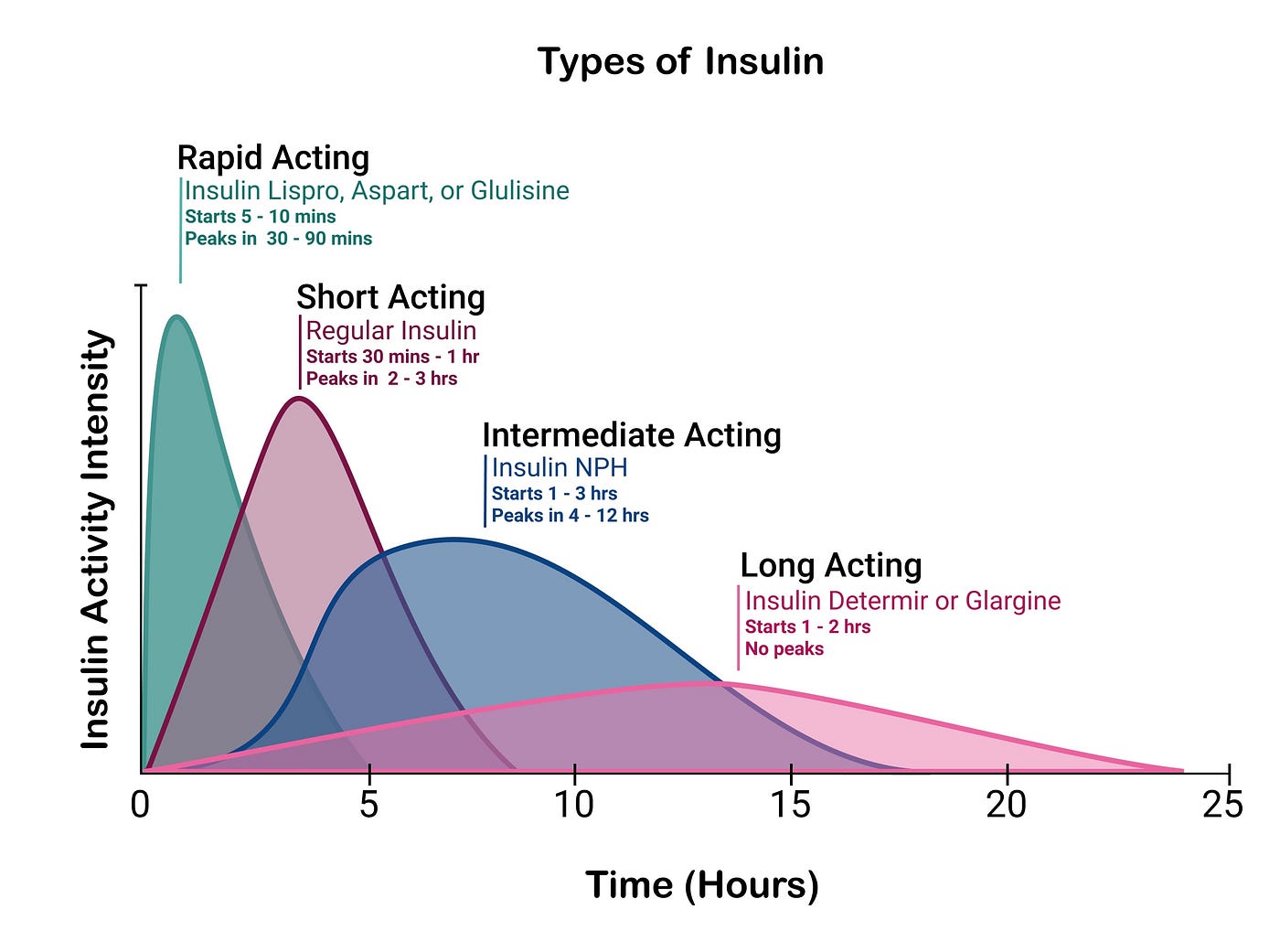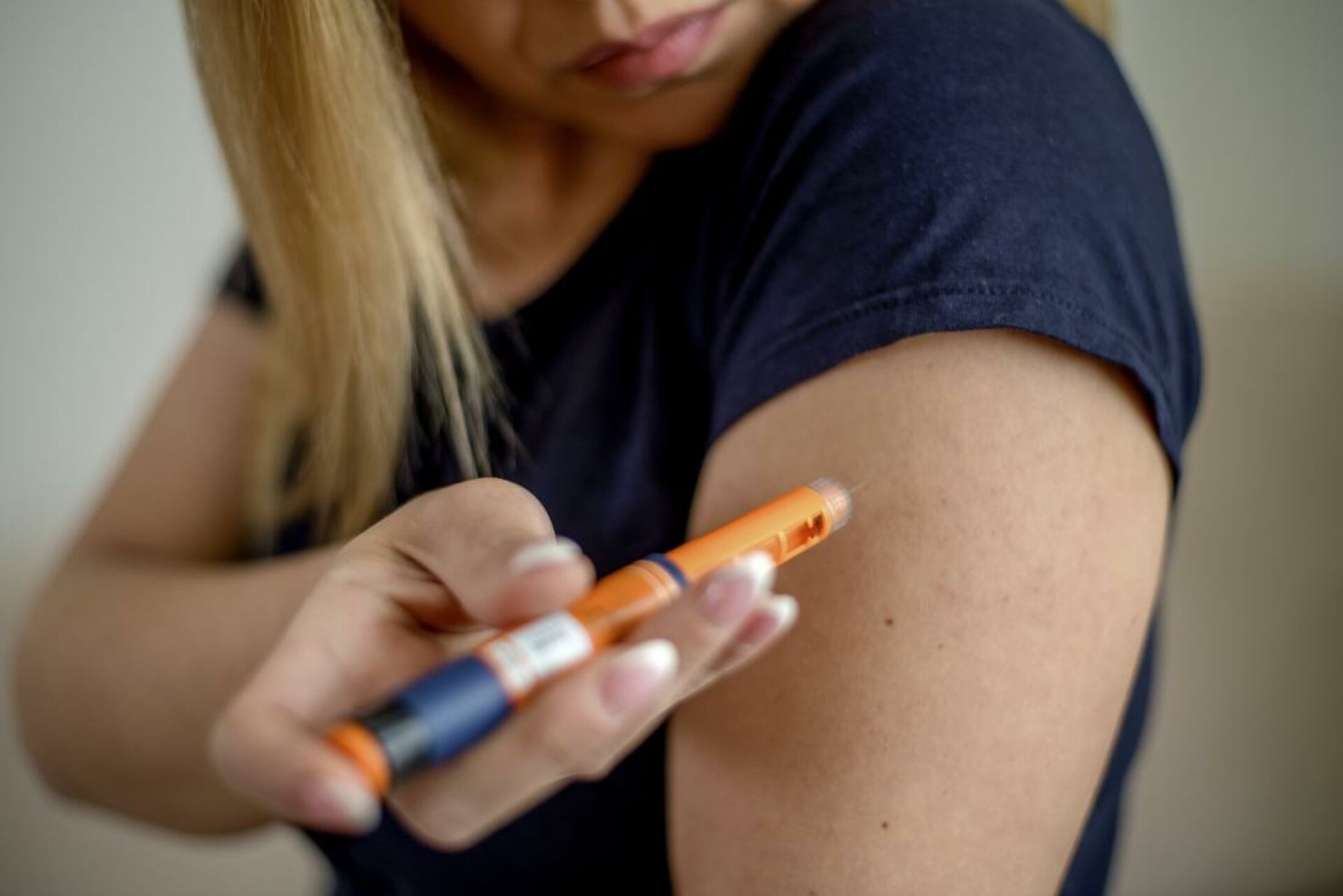
Key facts
- Diabetes is a condition that occurs when the body cannot maintain healthy levels of sugar (glucose) in the blood.
- Type 1 diabetes is diabetes caused by the immune system attacking and destroying the cells in the pancreas that normally produce insulin.
- If you develop type 1 diabetes, you will experience symptoms of high blood sugar (hyperglycaemia) including thirst, frequent urination, unexplained weight loss and fatigue.
- Type 1 diabetes cannot be cured but it can be managed with insulin injections and maintaining a healthy lifestyle.
What is type 1 diabetes?
Diabetes is a condition that occurs when the body cannot maintain healthy levels of sugar (glucose) in the blood. Type 1 diabetes is caused by the immune system attacking and destroying the cells in the pancreas that produce insulin.
The pancreas is an organ below and behind the stomach that produces the hormone insulin. Insulin moves glucose into the cells to be stored and used for energy.
In type 1 diabetes, the pancreas is unable to produce insulin. Without insulin, glucose stays in the blood, causing the blood glucose level to be higher than normal. This then causes the problems associated with diabetes.
Type 2 diabetes develops when the body does not make enough insulin or does not use it well.
What are the symptoms of type 1 diabetes?
If you have high blood glucose, you may experience the following symptoms of type 1 diabetes, which you can remember as the four ‘Ts’:
- thirst— being very thirsty (and possibly hungry)
- toilet— urinating more often
- thinner— experiencing unexplained weight loss
- tired— feeling unusually tired
What are the symptoms of diabetic ketoacidosis (DKA)?
If your blood glucose is very high, you may experience a serious emergency condition called diabetic ketoacidosis (DKA). In diabetic ketoacidosis, your body burns fat instead of glucose for energy, producing by-products called ketones.
Symptoms include:
- fast breathing
- breath that smells like acetone (similar to paint thinner or nail polish remover)
- abdominal pain
- flushed cheeks
- vomiting
- dehydration
What causes type 1 diabetes?
The exact cause of type 1 diabetes is not known. Type 1 diabetes is an autoimmune condition where the body’s immune system attacks the pancreas cells. It cannot be prevented, even by adopting a healthy lifestyle.
The risk of type 1 diabetes can be passed down through families. If you have a parent, brother or sister with type 1 diabetes, you have a higher chance of developing type 1 diabetes than someone not related to a person who has the condition.
Type 1 diabetes can happen at any age but is more commonly diagnosed in young people — more than 50% of people diagnosed with type 1 diabetes in Australia are aged under 25.
How is type 1 diabetes diagnosed?
If your doctor thinks you may have diabetes, they will refer you for a blood test.
You may be asked to take a fasting blood glucose test, where you don’t eat for 8 hours before the test, or a random blood glucose test, where you don’t need to fast.
You may also need to have an oral glucose tolerance test where you have blood glucose tests after you drink a sugary drink.
How is type 1 diabetes managed?
Although there is currently no cure, type 1 diabetes can be managed with insulin and by maintaining a healthy lifestyle.
If you have type 1 diabetes, you will need insulin replacement, through an insulin delivery device such as an insulin pump or pen, to manage your blood glucose levels.
Having a healthy diet and being physically active can also help control your blood glucose levels and improve your health.
How can I live well with type 1 diabetes?
Being diagnosed with type 1 diabetes can be overwhelming. However, besides using insulin, you can successfully manage diabetes by:
- learning to manage and monitor your blood glucose levels
- maintaining a healthy dietand being physically active
- seeing your doctor for regular health checks, including monitoring your blood pressureand kidney function
- having a podiatristmonitor your feet for ulcers and other problems
- having regular eye health checks with an optometrist or ophthalmologist
What are the complications of type 1 diabetes?
Managing type 1 diabetes is important to prevent long-term complications, such as:
- heart disease
- kidney disease
- stroke
- eye complications
- foot problems
- nerve problems
